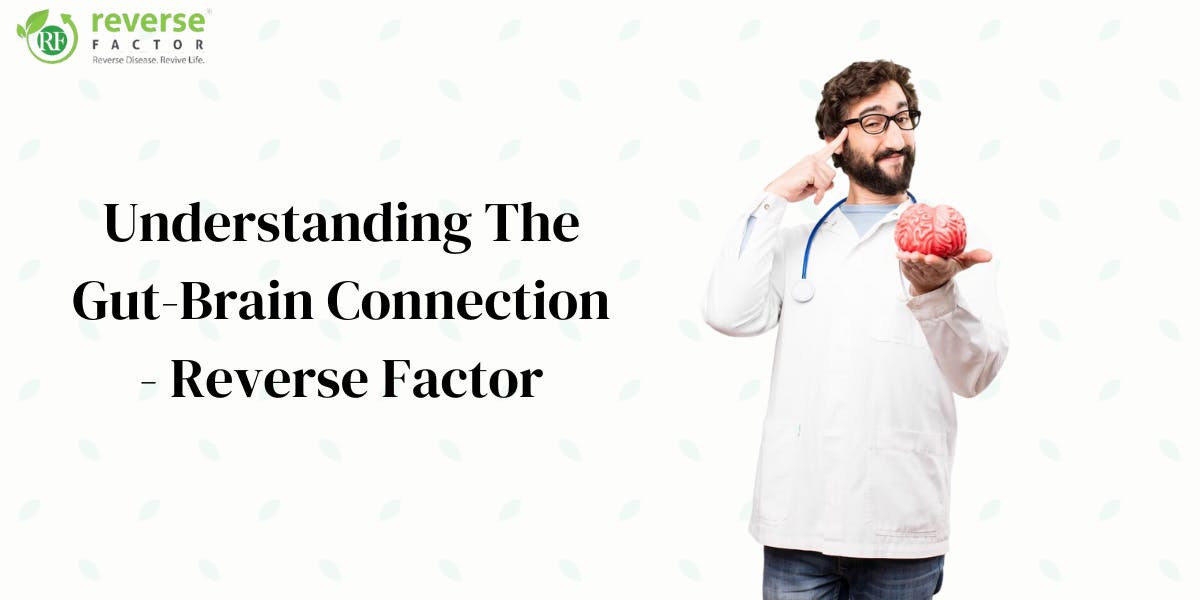Have you ever had a gut feeling regarding a situation? Or have you ever experienced anxiety-related abdominal pains? As it turns out, the metaphorical link between our stomach and brain is real. Recent studies have revealed a complex gut and brain connection. Our digestive system is responsive to emotion. All of these emotions including anger, anxiety, sorrow, and joy can cause gut symptoms.
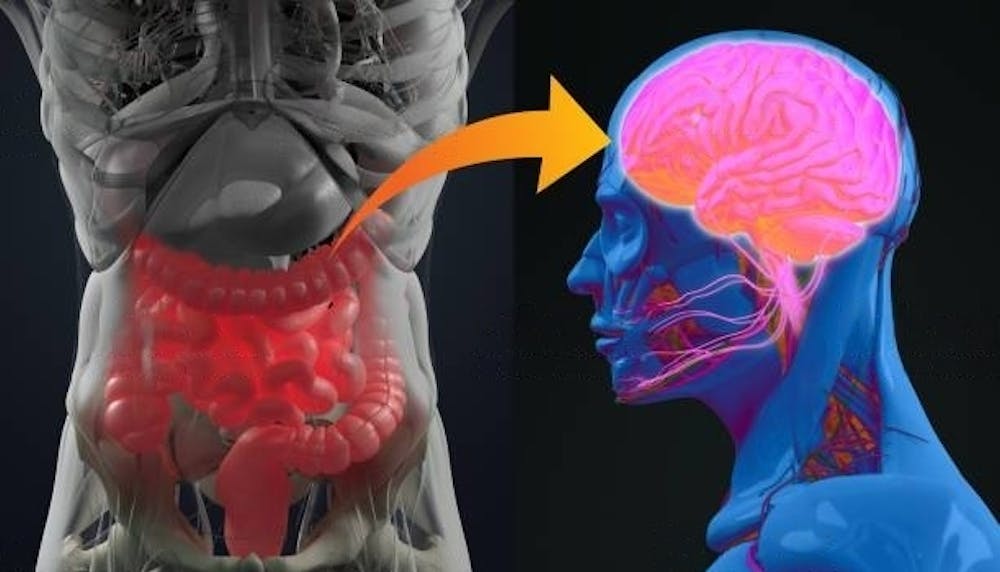
Our intestines and stomach are directly impacted by the brain. Just as a troubled brain can transmit signals to the gut, so too can an uncomfortable intestine. Therefore, anxiety, tension, or depression can lead to stomach or intestinal distress. This is because our gut and the brain are closely related.
Many people have understood the importance of healing gut health naturally. That’s why they have joined the health program by Gut health treatment India. It plays a crucial role in improving the gut-brain connection, with various therapies, such as meditation and diet.
So, let’s delve deeper into the gut-brain connection through this concise guide. And discover how these two essential organs interact and influence one another's health.
Recommended: Stress Management for Heart Disease Reversal By Reverse Factor
What Is Gut Brain Connection?
Do you know that the gut hosts the biggest number of immune cells in the human body? The enteric nervous system of the gastrointestinal tract is referred to as the "second brain." This is because it regulates a range of gastrointestinal activities. It continuously communicates with the brain and spinal cord, and also can work on its own.
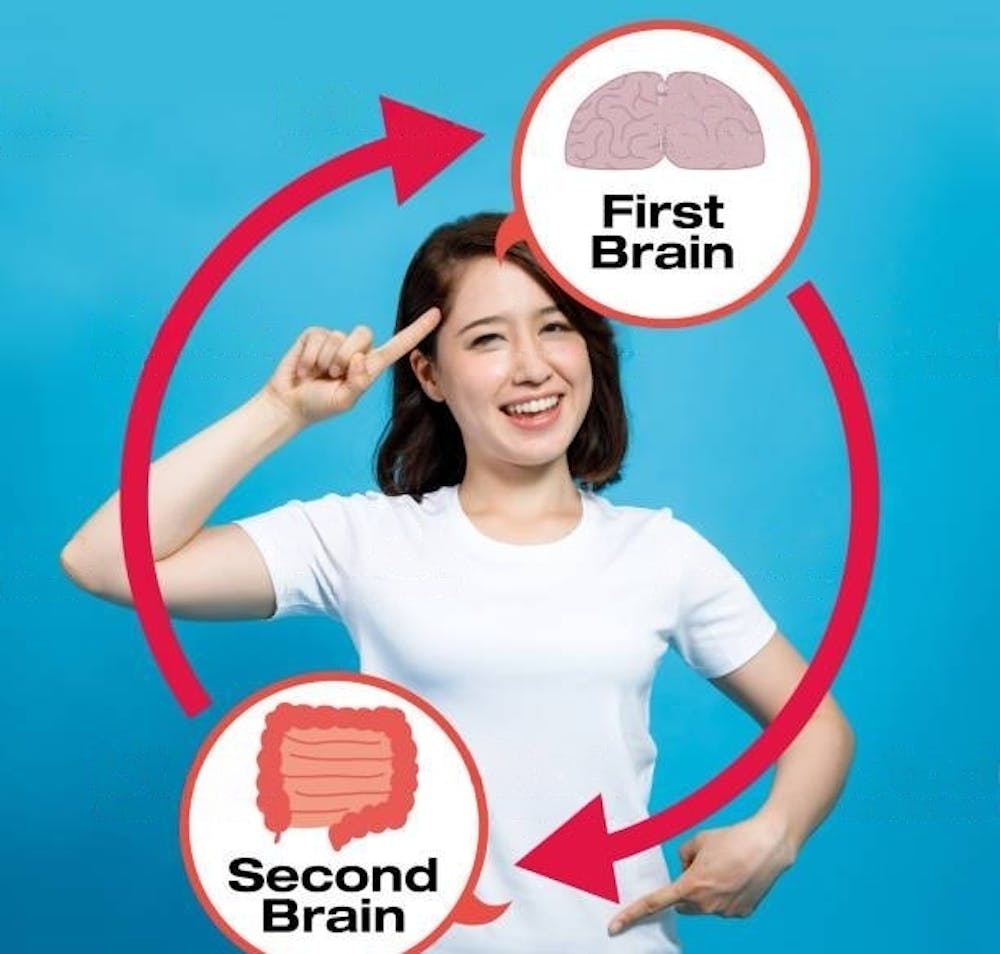
In recent years, the gut brain connection has attracted considerable interest. It has been the subject of in-depth research revealing a strong connection between our digestive system and our mental health. This link, known as the gut brain axis, defines the crucial role gut microorganisms play in immune function, mood control, and mental health. A huge network of microorganisms living in our gut plays a crucial role in the communication between these two systems. Hence, our emotions, and general health can all be greatly impacted by the relationship between the stomach and the brain.
A person's gut microbiome changes throughout their lifespan due to a variety of factors. These factors may include nutrition, hormones, antibiotics, emotional condition, and gastrointestinal illnesses. The gut microbiota is disturbed by gastrointestinal infections, which contribute to post-infectious IBS.
You can develop a healthy brain and stomach connection through lifestyle changes, such as diet and exercise. By taking care of your gut, you can promote a healthy brain and a happy, balanced life.
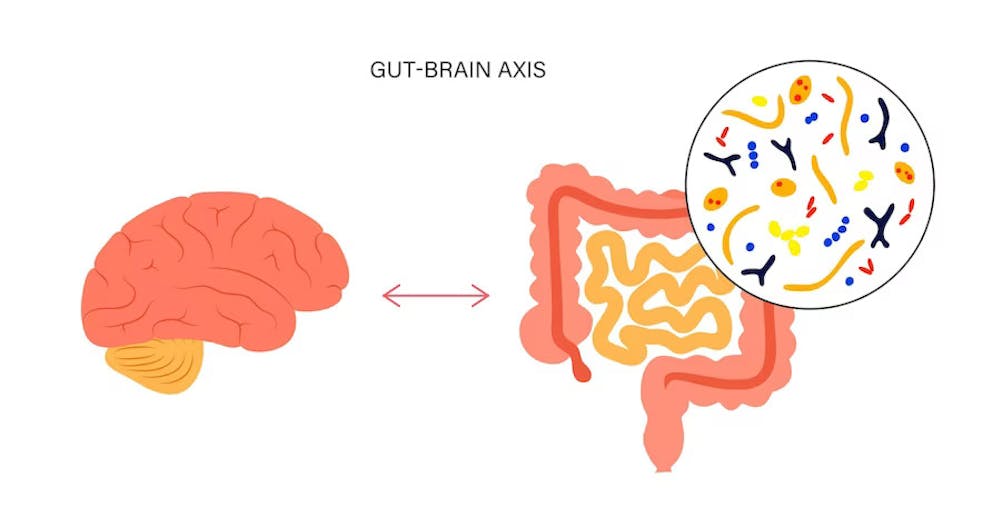
Also Read: Understanding The Connection Between Fatty Liver Disease And Diabetes
The Impact Of Stress And Anxiety On The Gut
The digestive system and the gut microbiome can both be significantly impacted by stress. When your body releases stress hormones like cortisol, it can change gut function and cause inflammation in the gut. This may result in symptoms like bloating, changes in bowel habits, and abdominal pain. Stress can also upset the balance of gut microbiomes. It can have a severe impact on your digestion, immunological response, and mental health. Research has shown that stress can lead to the development of irritable bowel syndrome (IBS) and fatty liver disease. If you are already facing such health issues you must opt for fatty liver disease reversal diet plan to take control of your health. Consuming healthy food for brain health is very important as it can prevent many chronic diseases like diabetes. Diabetes and brain health are strongly related. People with diabetes have a higher risk of cognitive decline and dementia. High blood sugar levels can harm brain blood vessels, resulting in decreased oxygenation and blood supply to brain cells. This is why diabetes reversal program in India recommends people with diabetes eat gut healthy diet. You should also practice meditation and deep breathing practice to reduce the effects of stress on your digestive system.
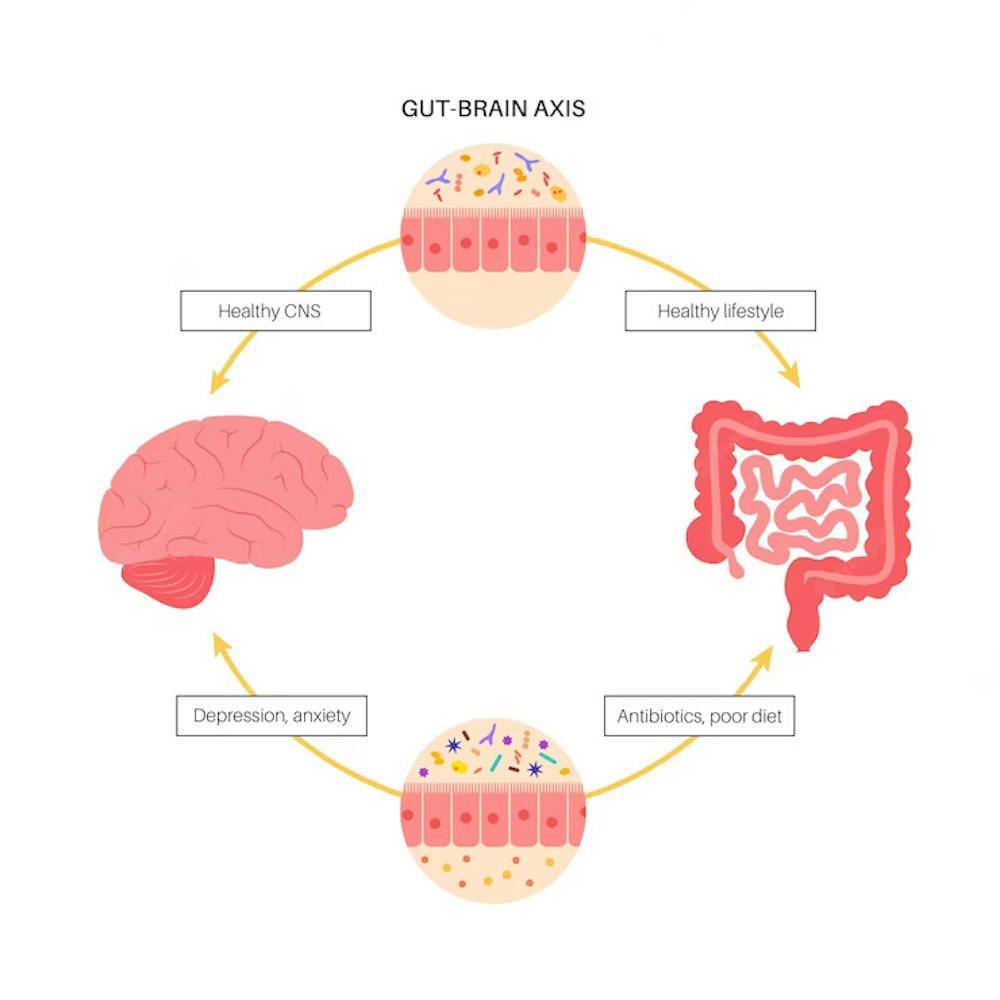
See More: How To Release All The Emotional Baggage That's Been Holding You Back
How To Improve Gut Brain Connection?
Follow the steps given below to improve your gut and brain connection naturally-
1. Healthy Diet For A Healthy Brain And Happy Gut
You can improve the brain and gut connection by consuming a plant-based diet. Your body can get the necessary vitamins, minerals, and fiber from a diet high in fruits, vegetables, whole grains, and legumes. This diet supports a healthy gut microbiome and digestive tract. A plant-based diet can also lower inflammation in the body, which can improve brain health and cognitive performance. Plant diets are mostly high in antioxidants, which protect the brain from oxidative stress. Omega-3 fats and high-fiber foods are some best foods that help your gut health and mental health both.
2. Drink Plenty Of Water
The brain is made up of 73% water, and dehydration can affect your cognitive function and memory. Drinking plenty of water supports healthy blood flow to your brain. Staying hydrated can also improve mental clarity and cognitive function. Water consumption can also support good digestion and help prevent constipation. Both conditions can poorly impact your gut health. Water helps to maintain a healthy stomach lining and is crucial for the body's ability to digest and absorb nutrients from food. By getting enough water, you can promote intestine and brain connection.
3. Practice Mindfulness Meditation
Practicing mindfulness meditation is a helpful way to promote gut and mental health connection. This practice can provide you a sense of calmness and relaxation. Practicing mindfulness meditation might help you feel less stressed and anxious. Persistent stress can disrupt the balance of gut bacteria and worsen inflammatory conditions in the body. It can also improve cognitive function by boosting grey matter in the brain's regions.
4. Prioritize Good Sleep
To strengthen the brain-gut relationship, one must get enough sleep. Prolonged sleep deprivation can alter the balance of gut bacteria and increase inflammation in the body. This condition can negatively impact your mental health. Therefore, you can promote the health of both your brain and gut by putting sleep on your priority list.
5. Avoid Processed Foods
It's important to cut out processed foods if you want to improve your brain and gut health. The balance of intestinal bacteria can be disrupted by the sugar, bad fats, and additives found in processed foods. This can have a detrimental effect on your mental health. Since these foods often contain little fiber, they may also cause constipation and digestive problems. Thus, you should say goodbye immediately to these foods to live a healthy life.
Final Thoughts-
The gut-brain theory is like a symphony orchestra, where each instrument plays a vital role in creating a harmonious melody. Just as the conductor directs the musicians to create beautiful music, your gut communicates with the brain to coordinate a symphony of various body functions. And just as a discordant note can ruin the entire performance, an imbalance in the gut-brain connection can disrupt your overall well-being. By nourishing your gut with healthy foods, and managing stress, you can create a beautiful symphony of health and happiness in your body and mind. You can support both your mental and physical health by adopting healthy habits, such as maintaining a nutritious diet, engaging in regular exercise, practicing mindfulness meditation, and getting enough sleep. Remember, a happier, healthier life with enhanced mood can only result from putting the health of your stomach and the brain first.
Frequently Asked Questions-
How Are The Gut And Brain Connected?
The gut-brain axis is a two-way communication pathway between the central nervous system and the enteric nervous system of the gut. It links the gut and brain. The two systems can communicate and interact constantly along this axis. This communication has an impact on everything from digestion to mood and behavior.
Is The Gut-Brain Connection Real?
Yes, our brain has a direct impact on our gut and intestines. This connection plays a vital role in regulating many aspects of physical and mental health.
How Do I Reset My Brain-Gut Connection?
You can reset your gut and mind connection by consuming a healthy diet, managing stress, and getting enough sleep. Also, practice mindfulness meditation to improve your brain health.
What Is The Gut-Brain Connection Called?
The gut brain connection is known as the enteric nervous system. It is a complex network of neurons located in the walls of the digestive system that communicates with the central nervous system.
What are some common signs of an unhealthy gut?
Bloating, constipation, diarrhea, and food intolerances are all signs of an unhealthy gut.
Can gut health impact weight management?
Yes, imbalances in gut bacteria can lead to obesity and metabolic disorders.
Can gut health impact the immune system?
Yes, imbalances in gut bacteria can make your immune system weak.
What foods should be included in a gut brain connection diet?
A gut-brain diet includes fruits, vegetables, whole grains, legumes, and nuts.
Are there foods that should be avoided to improve your gut bacteria?
You must strictly avoid processed foods, refined sugars, and artificial sweeteners. These foods can disrupt the balance of gut bacteria and also impact your mental health.
Which is the best exercise for gut health and brain health?
A simple 10-minute walk, cycling, swimming, and meditation can reduce stress and promotes relaxation. These are the best exercises to improve your stomach brain connection.
